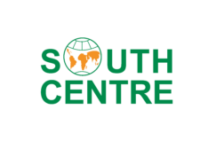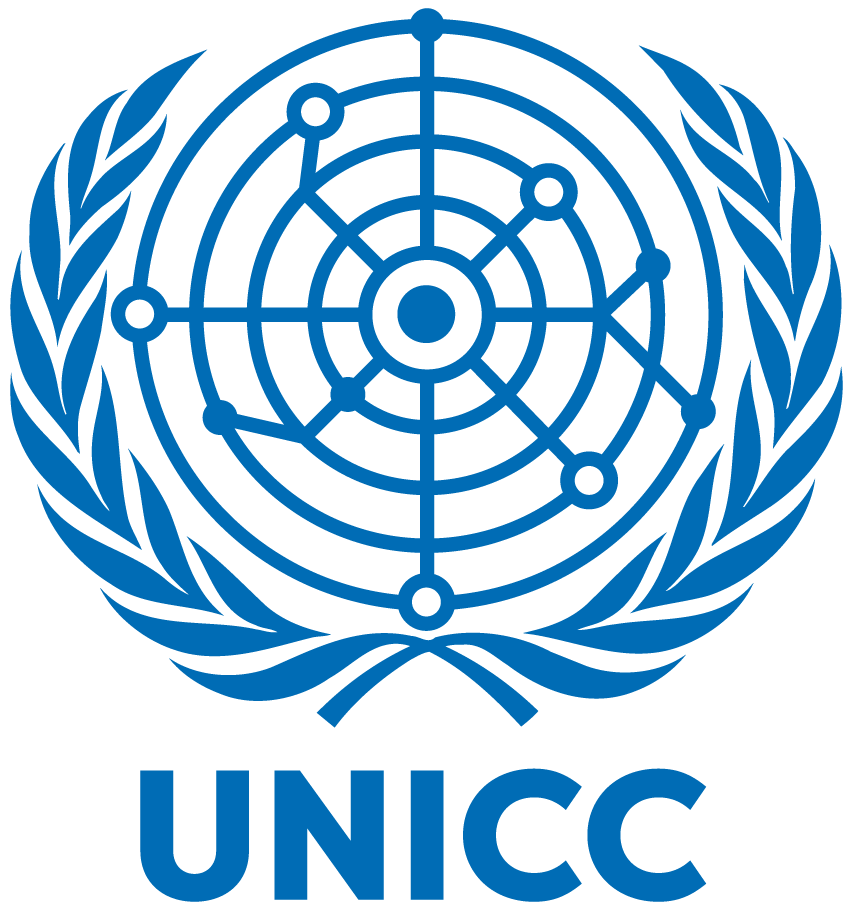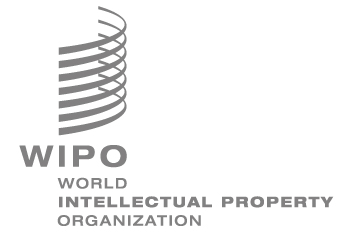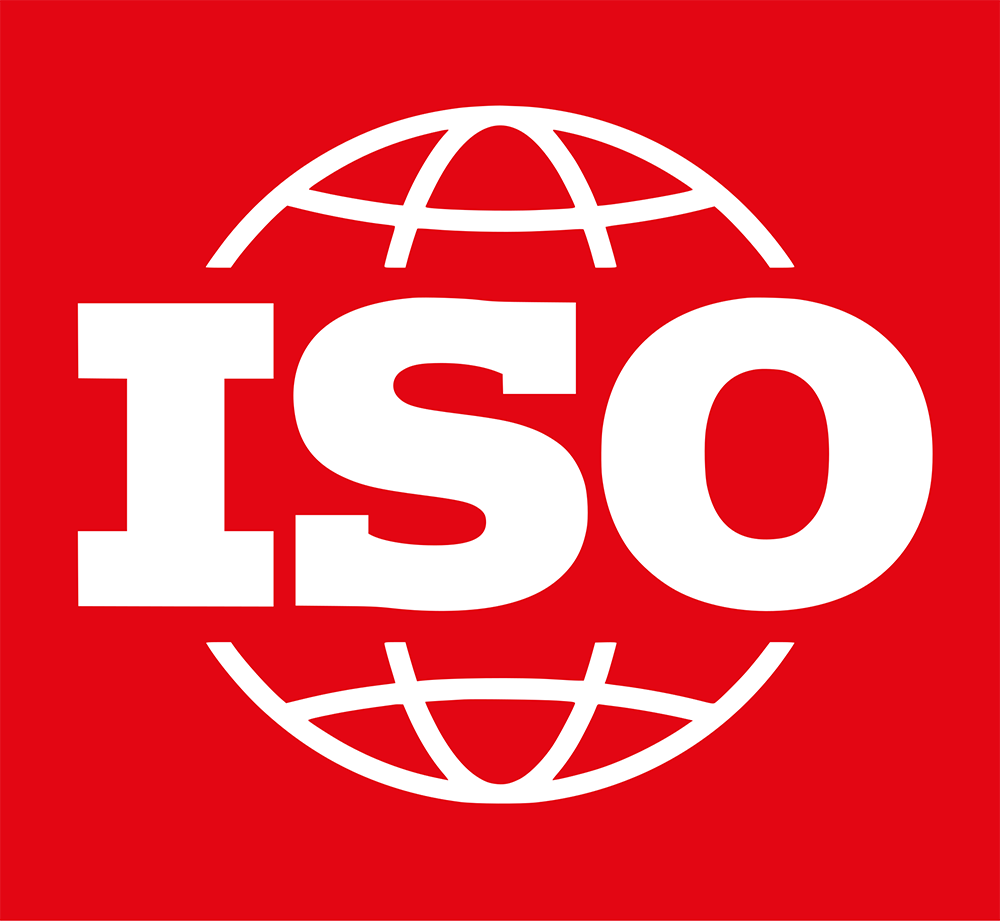Established in 1995, the South Centre is an intergovernmental policy research think tank composed of and accountable to developing country member states. It researches key policy development issues and supports developing countries to effectively participate in international negotiating processes that are relevant to achieving the sustainable development goals (SDGs). The South Centre promotes the unity of the Global South in such processes while recognising the diversity of national interests and priorities.
The South Centre works on a wide range of issues relevant to countries in the Global South and the global community in general, such as sustainable development, climate change, South-South cooperation (SSC), financing for development, innovation and intellectual property, traditional knowledge, access to medicines, health, biodiversity, trade, investment agreements, international tax cooperation, human rights, gender, and the fourth industrial revolution.
Within the limits of its capacity and mandate, the South Centre also responds to requests for policy advice and technical and other support from its members and other developing countries.
The South Centre has observer status in several international organisations.
Digital activities
Innovation and development is one of the issue areas the South Centre works on. As part of its efforts within this domain, it focuses on information technologies. Moreover, digital issues are also tackled in the domain of, inter alia, taxation and the digital economy, data governance, e-commerce, and the fourth industrial revolution.
The South Centre has produced deliverables/research outputs in the following areas: digital and financial inclusion, digital economy, digital taxation, digital industrialisation, and digital trade, among others.
Digital policy issues
Intellectual property rights
In June 2019, it published a policy brief on Intellectual Property and Electronic Commerce: Proposals in the WTO and Policy Implications for Developing Countries, in which it gave an overview of discussions within the WTO on IP and its potential implications for the digital economy.
In September 2020, the South Centre published a research paper on Data in Legal Limbo: Ownership, Sovereignty, or a Digital Public Goods Regime? and in 2022, a research paper on The Liability of Internet Service Providers for Copyright Infringement in Sri Lanka: A Comparative Analysis.
Additional research will be published on IP and digital-related topics in the coming year.
E-commerce and trade
The digital economy is another issue researched by the South Centre in the context of development. For instance, in 2017 it published an analytical note The WTO’s Discussions on Electronic Commerce, in which it explores the stance of developing countries (i.e. readiness in terms of infrastructure, upskilling, etc.) to engage in cross-border e-commerce. Among other things, it highlights challenges such as low information technology (IT) adoption and the lack of electricity supply that limit the uptake of e-commerce activities in Africa for instance. Another analytical note published that same year tackles the impact of the digital economy on micro, small and medium-sized enterprises (MSMEs), and looks into the type of e-commerce rules that could best serve the interests of MSMEs.
The South Centre also provides analyses and organises many meetings to discuss issues such as the WTO E-Commerce Moratorium and the Joint Statement Initiative (JSI) plurilateral discussions on e-commerce.
In 2019, it addressed issues on the regulation of the digital economy in developing countries, namely, the future of work, market dynamics, and data and privacy protection.
The South Centre recently published a research paper on the WTO Moratorium on Customs Duties on Electronic Transmissions. This paper highlights the adverse impacts of the continuing moratorium on developing and least developed countries. Because of the moratorium, almost all developing and least developed countries are losing tariff revenues at a time when they are most needed. With no clarity on the definition of electronic transmissions and thereby on the scope of the moratorium, its continuation can lead to substantive tariff revenue losses for developing and least developed countries in the future.
The South Centre recently issued a statement on the landmark shift of the US Trade Representative’s decision to rein in the Big Tech digital trade agenda under the E-Commerce Joint Statement Initiative (JSI) negotiations.
The South Centre also monitors developments and participates in discussions in the field and across international organisations in Geneva, including the UNCTAD eTrade for All initiative.
In 2022, the South Centre organised/co-organised two sessions during UNCTAD eCommerce week: Data Regulation: Implications for the Digitization of the Economy and Development and Exploring a Global Framework for Data Governance. The South Centre Executive Director also participated in the eTrade for All Leadership Dialogue. See the Centre’s contribution here.
Taxation
The taxation of the digital economy is the single biggest issue in international taxation today. Countries around the world are trying to find solutions for taxing Big Tech companies that operate with very different business models owing to which they are able to escape taxation under outdated international tax rules meant for a brick-and-mortar economy. The key solution being negotiated is known as Amount A of Pillar One of the Organisation for Economic Co-operation and Development (OECD)’s Two Pillar solution. The South Centre has been actively involved in Amount A negotiations, briefing its member states and submitting comments on every single set of Model Rules that have been put out for public comment, articulating the concerns and issues of developing countries. In 2022, we published the world’s first set of country-level revenue estimates on Amount A contrasted with the UN solution of Article 12B of the UN Model Tax Convention. The revenue estimates were published for the member states of the South Centre and the African Union, with whom the study was jointly conducted. We are coming up with a revised set of revenue estimates based on the latest version of Amount A for our member states and these will be released in late 2023. In October 2023, we published another Policy Brief titled Beyond the Two Pillar Proposals: A Simplified Approach for Taxing Multinationals, which offers an alternative policy solution different from those of the UN and the OECD.
We also published a Policy Brief in June 2023 titled Taxation of Digital Services: What hope for the African States? which argues that African countries need to improve digital connectivity to be able to collect more taxes under the OECD digital tax solution of Amount A. This is because the revenue sourcing rules of Amount A allocate profits using digital indicators such as viewing of advertisements, IP addresses, etc.
In the UN Tax Committee, we participated in the 26th Session in New York where we mobilised the developing country members through peer exchanges and briefings and also participated in the negotiations to promote the interests of our member states and other developing countries, inter alia, on the taxation of the digital economy.
Ahead of the UN Tax Committee session, we published a study on the taxation of computer software. The study on computer software showed that 34 of the South Centre’s member states could have collected $1 billion in taxes in 2020 from computer software sales had there been the corresponding standards by the UN. The Brief helped mobilise developing country support and bring to a close a 20-year negotiation on the taxation of computer software.
We also published a Policy Brief titled Conceptualizing Remote Worker Permanent Establishment, which provided an innovative solution for taxing the emerging phenomenon of Work From Home/Work From Anywhere.
The UNCTAD Intergovernmental Group of Experts on the Digital Economy invited the South Centre to present to UN member states the policy options for taxing the digital economy. Our presentation was so appreciated that the governments of Palestine and Cambodia immediately requested capacity building on the subject.
Given our expertise in the taxation of the digital economy, we co-organised in June 2023 a Group of Twenty (G20)-South Centre event on international taxation. This was on capacity building for Indian tax officials on the Two Pillar solution and the international tax standards being negotiated in the UN. This was also our first G20 event, and was widely praised and appreciated by the Indian participants. We mobilised international tax experts from across Asia, Africa, and Latin America to share their perspectives on these topics with Indian officials.
We partnered with the United Nations Development Programme (UNDP) to co-organise a Capacity Building Workshop on the taxation of the digital economy in May 2023. The two organisations shared the policy options available to Sri Lanka to tax the digital economy, which included a Digital Services Tax. The workshop was so impactful that within a few days the government introduced a digital services tax and in the record time of two months got it passed by Parliament. We remained engaged and provided technical briefs to the Sri Lankan Parliament, particularly the Finance Committees.
We were also invited to participate in the Addis Tax Initiative (ATI) General Assembly in Zambia where we provided capacity building on ATI member states on the taxation of the digital economy. After the workshop, the Finance Ministry of Zambia reached out to the South Centre Tax Initiative (SCTI) for detailed policy advice.
Multiple news channels and agencies regularly solicit the South Centre’s views on the concerns of the developing countries in international tax negotiations on the taxation of the digital economy.
Sustainable development
The South Centre has delved into the interplay between digital technologies and development on several occasions through its research outputs. In 2006, it published an analytical note titled Internet Governance for Development, arguing that affordable access to the internet allows for better education opportunities, greater access to information, improved private and public services, and stronger cultural diversity. More specifically, the document provided recommendations on issues such as openness (e.g. leaving the policy space open for developing countries), diversity (e.g. multilingualism), and security (e.g. funding of computer security incident response teams (CSIRTs)) to maximise the outcomes of discussions for developing countries at the Internet Governance Forum (IGF).
A year later, the South Centre published the research paper Towards a Digital Agenda for Developing Countries, in which it looks into the conditions, rights, and freedoms necessary for developing countries to benefit from digital and Internet resources. By bringing together several different strands of ongoing discussions and analyses at the national and international levels, it provides a direction for further research and policy analysis by laying the groundwork and creating awareness of the relevance and scope of digital and internet content for policymakers in developing countries.
In 2020, the South Centre continued to research the impact of digital technologies in the context of development. Its research paper The Fourth Industrial Revolution in Developing Nations: Challenges and Roadmap tackles trends in emerging technologies such as big data, robotics, and the internet of things (IoT), and identifies challenges, namely, the lack of infrastructure, a trained and skilled workforce, scalability, and funding faced by developing countries. It goes on to propose a strategic framework for responding to the fourth industrial revolution, which focuses on capacity building, technology incubations, scientific development, and policymaking.
Discussions towards the adoption of a Global Digital Compact (GDC) have been included as one of the proposals made by the United Nations Secretary-General (UNSG) in his report Our Common Agenda (A/75/982). The main objective of this proposal is “to protect the online space and strengthen its governance” based on “shared principles for an open, free and secure digital future for all”. The issue of digital governance is quite complex and includes the need to reaffirm the fundamental commitment to connecting the unconnected; avoiding fragmentation of the internet; providing people with options as to how their data is used; applying human rights online; and promoting the regulation of AI.
The need to guarantee the implementation of human rights online requires that discussions leading towards the GDC are conducted with upmost transparency, public disclosure, and accountability. Likewise, the private IT sector must respect human rights, apply human rights due diligence and increased accountability, and allow broader oversight from the state and civil society. In some instances, public-private partnerships (PPPs) can be a useful tool to support an inclusive digital transformation, but public participation and oversight of PPPs, guided by strong principles of transparency and the protection and respect for human rights, are necessary to support the transfer of technology, skills, and knowledge needed to promote an inclusive digital transformation. The South Centre has actively engaged with other partners to strengthen multilateralism in this process and to limit the detrimental impacts of multistakeholderism in global governance.
The South Centre combines expertise in global matters of governance in the discussion of the GDC with the objective of strengthening multilateralism through an intergovernmental process that protects the voices of developing and least-developed countries. We prepared a submission to the GDC on applying Human Rights Online. In addition, our forthcoming research paper considers the discussion on the GDC, the current fragmentation of digital governance from the perspective of developing countries, and the need to increase international cooperation directed towards digital transformation, while highlighting the need to address climate change, the protection of human rights, and inclusiveness as the most relevant issues for developing countries today.
In light of the global health pandemic, the South Centre, as part of its publication series South Views, shared the perspectives of developing countries on digital health. its challenges and recommendations to overcome these, and harnessing digital technology for education in developing countries, A SouthViews on Access to Medical Equipment in a Pandemic Situation: Importance of Localized Supply Chains and 3D Printing was also published.
In 2020 and 2021, a SouthViews on Technology and Inequality: Can We Decolonise the Digital World?, on Digital Transformation: Prioritizing Data Localization, and An Introduction to the UN Technology Bank for the Least Developed Countries were also published.
A Public Health Approach to Intellectual Property Rights is a virtual help desk on the use of the Agreement on Trade-Related Aspects of Intellectual Property Rights (TRIPS) flexibilities for public health purposes.
The South Centre has general and specific emailing lists and is moving to institutionally become a paperless organisation.
Future of meetings
In the COVID-19 global pandemic, the South Centre has increasingly used Zoom and Microsoft Teams for online meetings and webinars.
See meetings that the South Centre has organised at https://www.southcentre.int/category/events/the-south-centre-events and https://ipaccessmeds.southcentre.int/ event/ and https://taxinitiative.southcentre.int/event/











Social media channels
Facebook @South Centre
Instagram @southcentre_gva
LinkedIn @South Centre, Geneva
X @South_Centre
YouTube @SouthCentre GVA